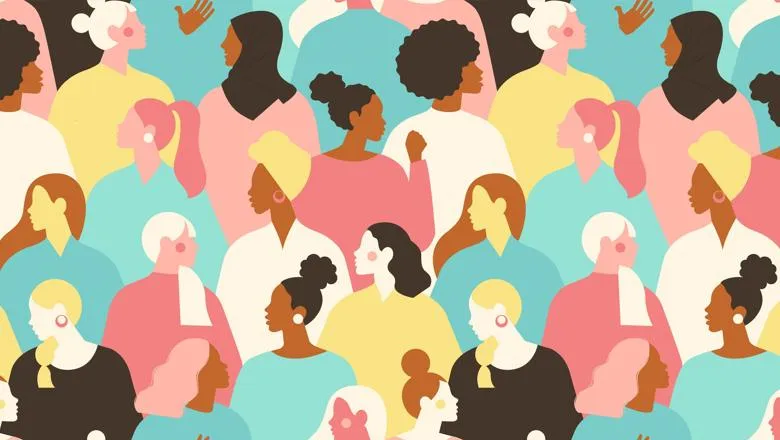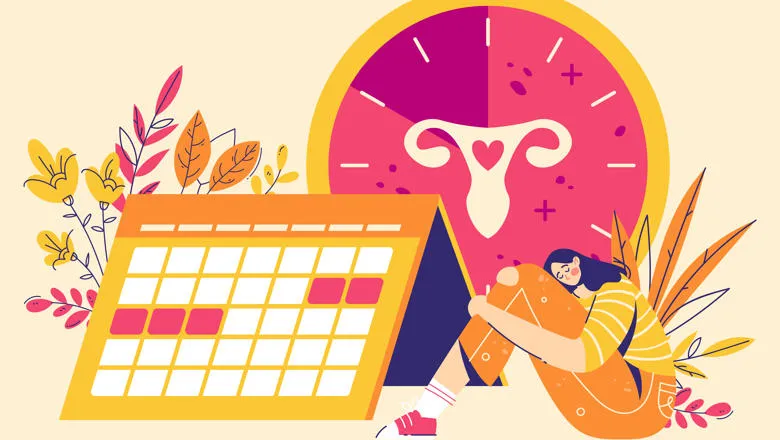
Dr Rikke Amundsen
Lecturer in Digital Media and Culture
Contact details
Pronouns
she/her
Biography
Rikke joined the Department of Digital Humanities in December 2021. Before this, Rikke worked as an Associate Lecturer in Social Media and Society at the University of York and at the University of Cambridge, where she was both a Teaching Associate in the Department of Sociology and a Research Associate at the Trust and Technology Initiative (TTI). At the TTI, Rikke contributed to Mapping Trust and Technology, a project that explores how the concept of ‘trust’ is imagined, used, and approached in technology research.
Rikke’s research is also concerned with the sexual politics of digital cultures, and with the increasing mediatisation of intimacy. Her PhD – entitled “Sexting as Intimacy Work: Exploring the Impact of Mediation on Intimacy” – was completed in 2019 and has so far resulted in journal articles and book chapters on the dynamics of risk, trust, and intimacy in the digital exchange of private sexual imagery.
Research interests and PhD supervision
- Digital Intimacy
- Feminist Media Studies
- Digital Sociology
- Gender and Digital Culture
- Digital Sexual Culture
Rikke’s research is concerned with the influence of digital mediation on interpersonal relations and, more specifically, on practices and perceptions of intimacy. Her research generally explores these issues in relation to gender, sexuality, power, and visual culture. Rikke’s research on the dynamics of risk and trust in digitally mediated intimacy has also led to the development of a particular research interest in the relations between risk, trust, and technology.
Rikke is available to supervise PhDs in areas related to her research interests (see above). To enquire about her supervision availability, potential applicants should email her a draft PhD proposal of no more than 1500 words and a short CV.
Selected publications
- Amundsen, R. 2025. Consent in Digital Sexual Cultures. London: King’s College London.
- Amundsen, R. et al. 2025. Interrogating consent roundtable. Journal of Gender Studies, 0(0), pp. 1–17. DOI: 10.1080/09589236.2025.2482623.
- Amundsen, R. 2023. "The turn to trust: adult women, hetero-sexting, and the use of trust as sexting risk mitigation". Feminist Media Studies: DOI: 10.1080/14680777.2023.2197569.
- Amundsen, R., 2023. “Interviewing with Intimacy”. In: I. Crowhurst, L. Hawkins and R. Ryan-Flood, eds. 2023. Difficult Conversations. London: Routledge
- Amundsen, R. 2022. Hetero-sexting as mediated intimacy work: ‘Putting something on the line’. New Media & Society, 24(1), 122-137. DOI: https://doi.org/10.1177/1461444820962452.
- Amundsen, R. 2021. ‘A male dominance kind of vibe’: Approaching unsolicited dick pics as sexism. New Media & Society, 23(6), 1465-1480. DOI: https://doi.org/10.1177/1461444820907025.
- Amundsen, R., 2019. “Kind of Like Making Porn of Yourself”: Understanding Sexting Through Pornography. Feminist Media Studies, 19 (4), pp.479-494. DOI: 1080/14680777.2018.1494617.
- Amundsen, R., 2019. “The Price of Admission”: On Notions of Risk and Responsibility in Women’s Sexting Practices. In: K. Lumsden and E. Harmer, eds. 2019. Online Othering: Exploring Digital Violence and Discrimination on the Web. Basingstoke: Palgrave Macmillan, pp.145-164. DOI: 1007/978-3-030-12633-9.
- Amundsen, R., 2019. Cruel Intentions and Social Conventions: Locating the Shame in Revenge Porn. In: D. Ging and E. Siapera, eds. 2019. Gender Hate Online: Understanding the New Anti-Feminism. Basingstoke: Palgrave Macmillan, pp.131-149. DOI: 10.1007/978-3-319-96226-9.
Teaching
Rikke’s teaching activities focus on a variety of issues related to digital culture and society, including the influence of digital mediation on practices and perceptions of gender and intimate relations.
Research

Centre for Digital Culture
The Centre for Digital Culture at King’s College London is an interdisciplinary research centre promoting research and debate on digital culture

Centre for Technology and the Body
Stories of embodied technology: from the plough to the touchscreen

An exploration of male-to-female sexting behaviours and the digital mediation of intimacy, consent, risk, and trust
In line with the increasing digital mediation, sending & receiving of private sexual images & texts – ‘sexting’ has become a common means to perform intimacy.
Project status: Ongoing

Menstrual Cycle Awareness and Embodied Technologies
Menstrual cycle awareness.
Project status: Ongoing
News
COMMENT: What research on sexting reveals about how men and women think about consent
Dr Rikke Amundsen, Lecturer in Digital Media and Culture in the Department of Digital Humanities, writes for the Conversation.

Sex education needs to cover digital devices and consent, says new report
In a new report, charities and researchers are calling for sex education to build a more nuanced understanding of consent where digital technologies are...

International Women's Day 2023: Transforming technology for gender equality
In recognition of the United Nation’s 2023 International Women’s Day theme celebrating innovation and technology for gender equality, we shine a light on some...

Events

Report Launch: Menstrual Cycle Awareness and Embodied Technologies in Higher Education
Join us for this online event to present and discuss findings from our recent research on Menstrual Cycle Awareness and Embodied Technologies in Higher...

Troubling Consent
Thinking about consent as it happens in and through a broad range of geographic, romantic, and sexual contexts - online/offline, on the dance floor/in the...
Please note: this event has passed.

Menstrual Cycle Awareness and University Wellbeing
How does accessible and sustainable menstrual cycle education promote university staff and student wellbeing?
Please note: this event has passed.

Consent in Digital Sexual Cultures Workshop
Please join us for this exciting workshop on the topic of Consent in Digital Sexual Cultures
Please note: this event has passed.

Intimacy by Design: Imagining ‘closeness’ in online and offline spaces
Led by the Digital Futures Institute’s Centre for Technology and the Body, this event considers the meanings of intimacy, past, present and future.
Please note: this event has passed.
Research

Centre for Digital Culture
The Centre for Digital Culture at King’s College London is an interdisciplinary research centre promoting research and debate on digital culture

Centre for Technology and the Body
Stories of embodied technology: from the plough to the touchscreen

An exploration of male-to-female sexting behaviours and the digital mediation of intimacy, consent, risk, and trust
In line with the increasing digital mediation, sending & receiving of private sexual images & texts – ‘sexting’ has become a common means to perform intimacy.
Project status: Ongoing

Menstrual Cycle Awareness and Embodied Technologies
Menstrual cycle awareness.
Project status: Ongoing
News
COMMENT: What research on sexting reveals about how men and women think about consent
Dr Rikke Amundsen, Lecturer in Digital Media and Culture in the Department of Digital Humanities, writes for the Conversation.

Sex education needs to cover digital devices and consent, says new report
In a new report, charities and researchers are calling for sex education to build a more nuanced understanding of consent where digital technologies are...

International Women's Day 2023: Transforming technology for gender equality
In recognition of the United Nation’s 2023 International Women’s Day theme celebrating innovation and technology for gender equality, we shine a light on some...

Events

Report Launch: Menstrual Cycle Awareness and Embodied Technologies in Higher Education
Join us for this online event to present and discuss findings from our recent research on Menstrual Cycle Awareness and Embodied Technologies in Higher...

Troubling Consent
Thinking about consent as it happens in and through a broad range of geographic, romantic, and sexual contexts - online/offline, on the dance floor/in the...
Please note: this event has passed.

Menstrual Cycle Awareness and University Wellbeing
How does accessible and sustainable menstrual cycle education promote university staff and student wellbeing?
Please note: this event has passed.

Consent in Digital Sexual Cultures Workshop
Please join us for this exciting workshop on the topic of Consent in Digital Sexual Cultures
Please note: this event has passed.

Intimacy by Design: Imagining ‘closeness’ in online and offline spaces
Led by the Digital Futures Institute’s Centre for Technology and the Body, this event considers the meanings of intimacy, past, present and future.
Please note: this event has passed.
